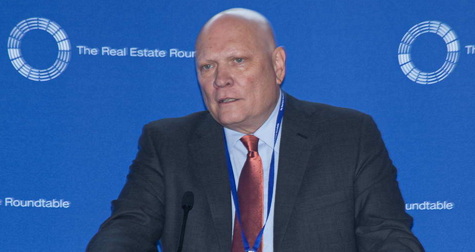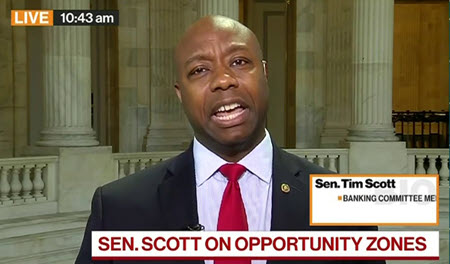
On December 28, Treasury and the IRS released new tax regulations affecting foreign investment in U.S. real estate.
FIRPTA
- Among the changes, a proposed rule would repeal a long-standing private letter ruling that foreign investors have relied on when structuring inbound investments.
- Under current law, shareholders of domestically controlled REITs are not subject to the Foreign Investment in Real Property Tax Act (FIRPTA)—a statutory regime that subjects foreign investors to capital gains tax on their U.S. property investments.
- The proposal, if finalized, would expand the reach of FIRPTA by denying a REIT’s status as domestically controlled if a U.S. corporate shareholder of the REIT is foreign-owned. In other words, the rule would look through a domestic C corporation that owns the REIT, even if the C corporation is a U.S. taxpayer that pays U.S. income tax.
- The proposed regulation surprised foreign investors and real estate fund managers who have relied on a 2009 IRS private lettering rule, which held that a domestic C corporation that owns shares in a REIT is a U.S. owner for purposes of determining whether the REIT is domestically controlled.
- The proposed rule appears to conflict with policies underlying FIRPTA-related ownership attribution changes enacted in the 2015 PATH Act. As a practical matter, the tax consequences of the proposal are retroactive because they would apply to existing investments made years ago. (Weil Tax Alert and Skadden Insights)
Additional Provisions & Regulations

- Other provisions in the proposed regulations are more favorable. For example, they include rules that allow a sovereign wealth fund to preserve the tax exemption applicable to foreign governments if the fund has only a minority, non-controlling interest in a U.S. real estate business.
- Simultaneously, Treasury also released final regulations last month related to the FIRPTA exemption for foreign pension funds, which the Roundtable worked to enact in 2015. The final regulations are largely positive and should facilitate even greater investment in U.S. real estate by qualified foreign pension funds.
The Real Estate Roundtable’s Tax Policy Advisory Committee (TPAC) has created a working group to develop formal comments and respond to the recent Treasury releases.
# # #
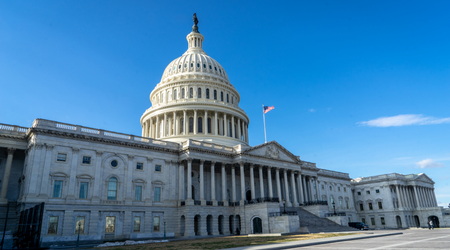
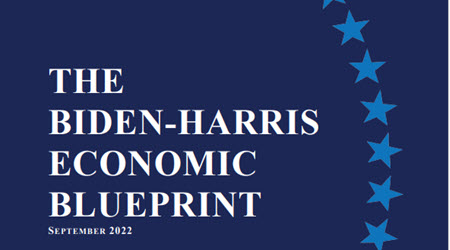
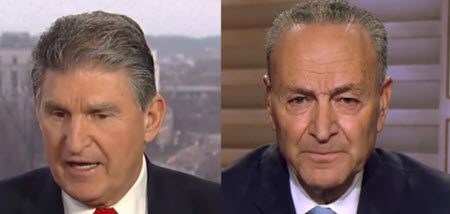

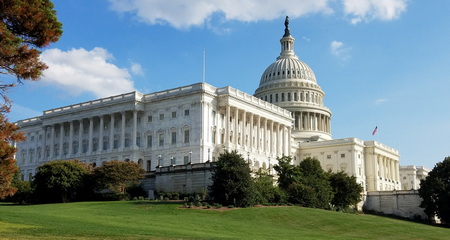

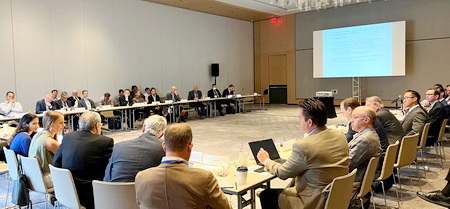

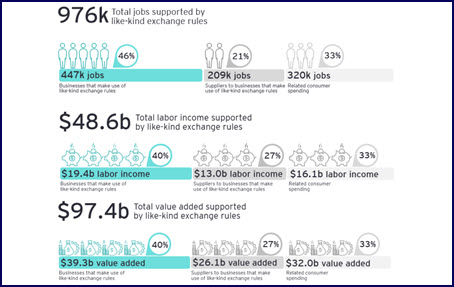
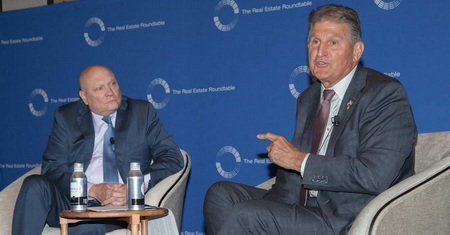

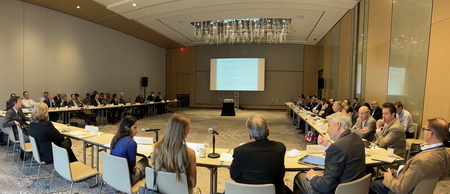


 The Real Estate Roundtable and four other national trade groups submitted recommendations to modify
The Real Estate Roundtable and four other national trade groups submitted recommendations to modify 
